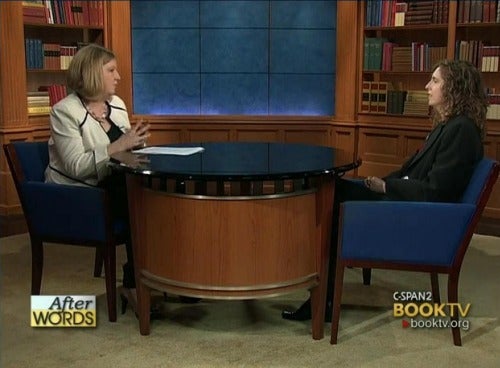Women in the Senate


WOMEN IN THE CLUB: GENDER AND POLICY MAKING IN THE SENATE
MICHELE L. SWERS
In the run-up to the 2012 presidential election, Democrats and Republicans were locked in a fierce battle for the female vote. Democrats charged Republicans with waging a “war on women,” while Republicans countered that Democratic policies actually undermined women’s rights. The women of the Senate wielded particular power, planning press conferences, appearing on political programs, and taking to the Senate floor over gender-related issues such as workplace equality and reproductive rights.
The first book to examine the impact of gender differences in the Senate, Women in the Club is an eye-opening exploration of how women are influencing policy and politics in this erstwhile male bastion of power. Gender, Michele L. Swers shows, is a fundamental factor for women in the Senate, interacting with both party affiliation and individual ideology to shape priorities on policy. Women, for example, are more active proponents of social welfare and women’s rights. But the effects of gender extend beyond mere policy preferences. Senators also develop their priorities with an eye to managing voter expectations about their expertise and advancing their party’s position on a given issue. The election of women in increasing numbers has also coincided with the evolution of the Senate as a highly partisan institution. The stark differences between the parties on issues pertaining to gender have meant that Democratic and Republican senators often assume very different roles as they reconcile their policy views on gender issues with the desire to act as members of partisan teams championing or defending their party’s record in an effort to reach various groups of voters.
Frances E. Lee, University of Maryland
“With Women in the Club, Michele L. Swers offers the first book-length analysis of the role of gender in the US Senate. Gender differences, she shows, are deeply and pervasively shaped by party politics, with gender affecting senators’ activism across a range of policy issues, including women’s rights, social welfare, and defense.”
Cindy Simon Rosenthal, University of Oklahoma
“The US Senate is no longer an ‘old boys’ club,’ and Michele L. Swers marshals diverse, rich, and nuanced data and engaging analyses of interviews, floor speeches, amendments, and bill sponsorship to show how gender exerts a significant influence—especially in this increasingly partisan environment—on legislative behavior. Women in the Club is a welcome addition to the scholarship.”

AFTER WORDS: MICHELE SWERS, “WOMEN IN THE CLUB: GENDER AND POLICY MAKING IN THE SENATE,” HOSTED BY EMILY PIERCE, ROLL CALL
Professor Swers discusses her research with the Deputy Editor of Roll Call, Emily Pierce. Professor Swers examines the impact of gender difference in the Senate on the bills that are brought to the floor and the laws that pass. She also argues that the effects of gender differences go beyond policy preferences and extend to amplifying the partisan divide in Congress.
